How does the British honours system work?
The system is steeped in history and not without controversy.

The 2021 Queen’s Birthday Honours list allows the nation to once again celebrate people’s achievements and contributions to public life.
But how does the long-standing honours process work and who gets to decide who is worthy of recognition?
Here the PA news agency provides an overview of the ins and outs of the system:

Honours as part of orders of chivalry have been given by monarchs since the middle ages.
Today, the honours system recognises people who have “made achievements in public life” and “committed themselves to serving and helping Britain”.
This might be long-term volunteers, innovators, entrepreneurs, individuals displaying “moral courage” and those making a difference in their community or field of work.
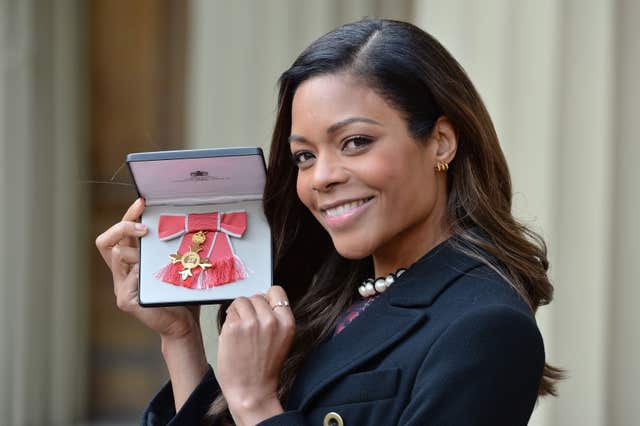
Gallantry awards can go to members of the armed forces, the emergency services and civilians.
– How are people nominated for honours?
Any member of the public or an official body can nominate someone for an honour.
UK nationals and citizens of 15 Commonwealth “realms” to which the Queen is monarch are eligible to be nominated.
People living or working overseas, whose achievements were made in another country or in the UK and have a significant international element, can be nominated too.
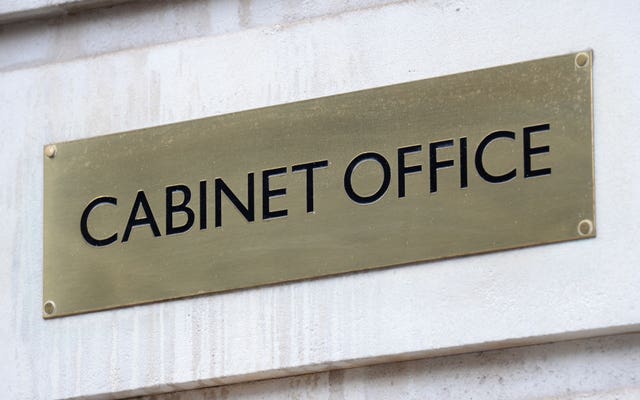
Someone making an exceptional contribution to the response to Covid-19 pandemic in the UK can also be nominated.
Non-British or Commonwealth country citizens can be considered for “honorary” awards.
– Who approves nominations?
Consideration of nominations can take 12 to 18 months, but honours recognising services during the pandemic have been fast-tracked.
The suitability of nominees submitted to the Secretariat is established through “merit” and “probity and propriety” checks.
This vetting process, to avoid bringing the system into “disrepute”, can involve the input of government departments, regulatory bodies, professional organisations, HM Revenue and Customs and the Acro Criminal Records Office.
A group of 10 independent honours committees, each covering a specialist subject area such as sport or health, consider nominations.
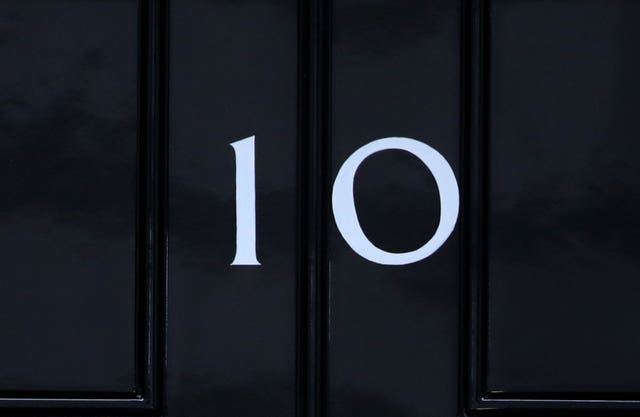
The Foreign, Commonwealth and Development Office (FCDO) oversees the Diplomatic Service and Overseas List.
– When are honours announced?
Twice a year – at new year and in June on the Queen’s official birthday, with lists published in the official newspaper of the Crown, The Gazette.
Last year, the Queen’s Birthday Honours list was delayed until October to enable Covid-19 related nominations for people playing crucial roles early in the pandemic.
After lists are finalised the Central Chancery of the Orders of Knighthood at St James’s Palace arranges investitures for the presentation of medals.

– Is this when knights and dames are created?
Honours lists are typically comprised of knights and dames, appointments to the Order of the British Empire and gallantry awards.
The most senior ranks of the Order of the British Empire are Knight or Dame Grand Cross (GBE) and Knight or Dame Commander (KBE or DBE).
These ranks permit the use of the titles “Sir” for men and “Dame” for women, with the honour bestowed on those who have made major contributions in any field, usually at a national level.
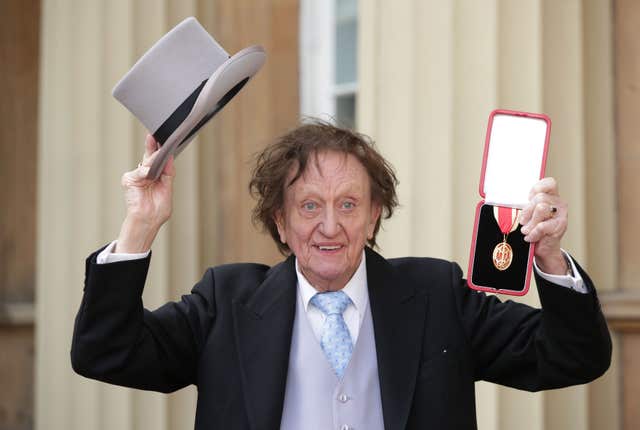
– What is the Order of the British Empire?
Honour recipients are appointed to an order of chivalry, that have different ranks, with most appointments made to the Order of the British Empire.
The Queen’s grandfather, King George V, introduced the order in 1917 to reward people’s actions during the First World War – including for non-combatant military service and civilian contributions to public life.
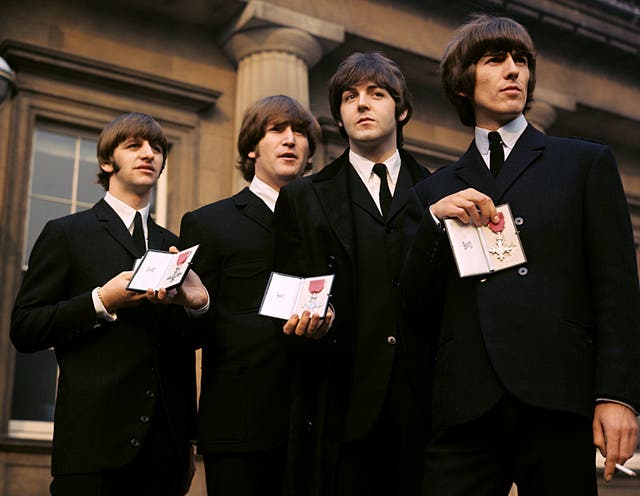
These are variously given to people for their prominent or leading roles at national, regional or local level, as well as distinguished or innovative contributions and outstanding achievements to particular areas.
– Are there any more types of honours?
The Companion of Honour (CH) is part of another order established in 1917, and recognises significant contributions to the arts, science, medicine or government over a long period of time.
It is limited to just 65 people at any one time.
The British Empire Medal (BEM) evolved from a medal associated with the creation of the Order of the British Empire and honours local community service that has made a significant difference.
Other orders include the Royal Victorian Order (RVO), founded by Queen Victoria in 1896, which the Queen personally appoints people to for services to the British sovereign.
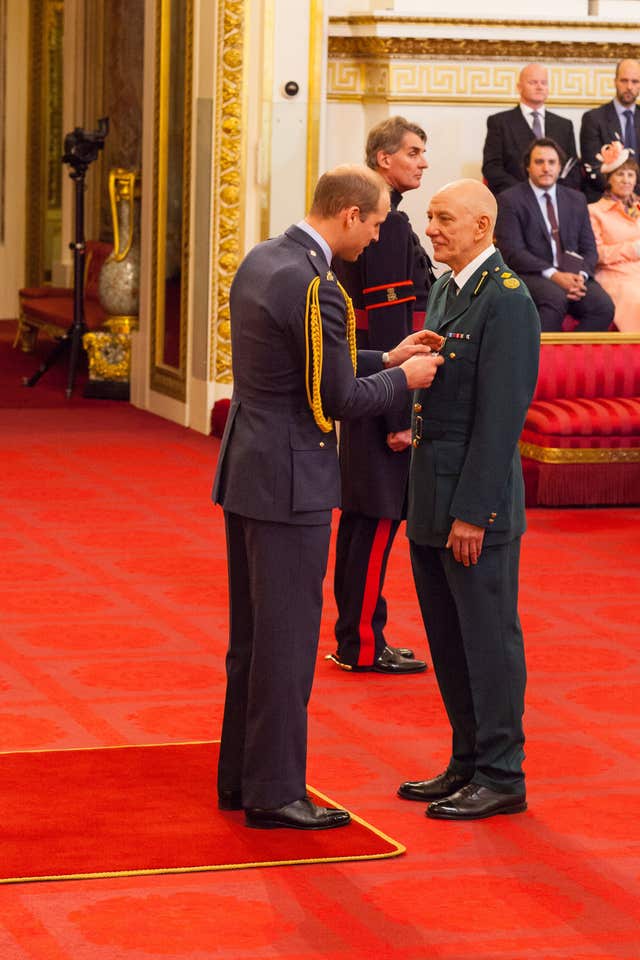
The Royal Red Cross (RRC), Queen’s Police Medal (QPM), Queen’s Fire Service Medal (QFSM) and Queen’s Ambulance Service Medal (QAM) respectively recognise the services of nurses, police, firefighters and ambulance service workers.
– Has the honours system been criticised?
Opponents have previously called for the word “empire” in the orders of the British Empire, the CBE, OBE and MBE, to be replaced with “excellence”.

Shadow education secretary Kate Green, herself made an OBE in 2005, dubbed the honours language as “offensive” and “divisive” last year, but Labour leader Sir Keir Starmer distanced himself from the comments.
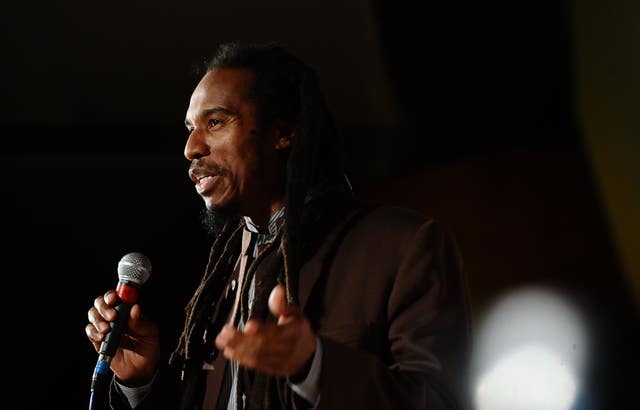
– So people have turned down honours before?
Yes.
Cabinet Office figures released under a freedom of information (FOI) request from the Guardian revealed that, from 2011 to 2020, some 443 people rejected a knighthood, MBE, OBE or other honour.
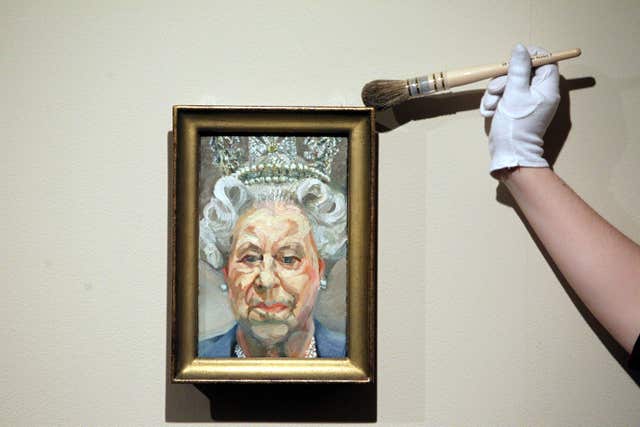
This included painters Lucian Freud and Francis Bacon and authors Aldous Huxley and Roald Dahl.





